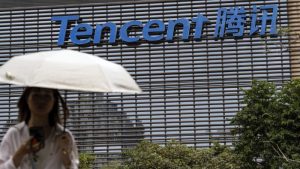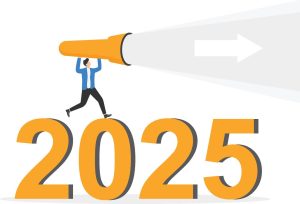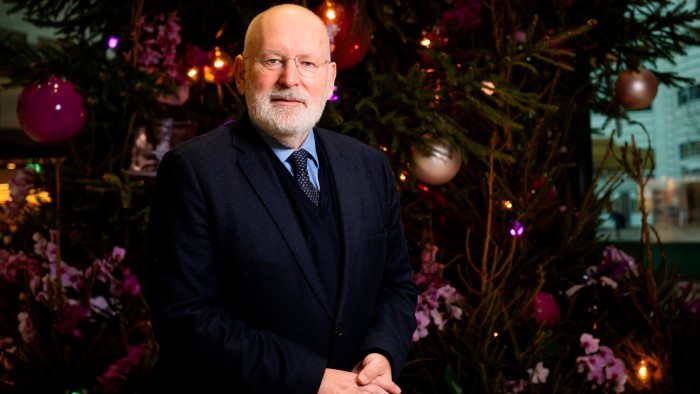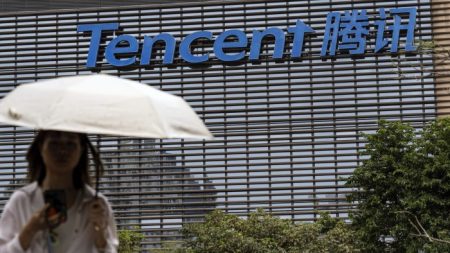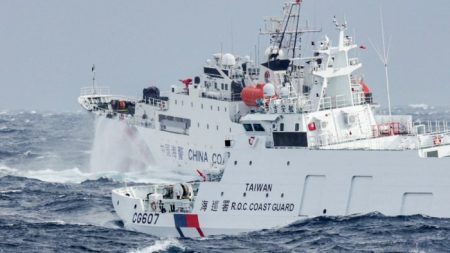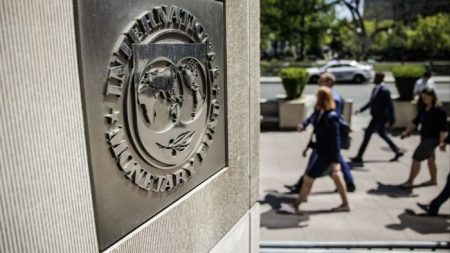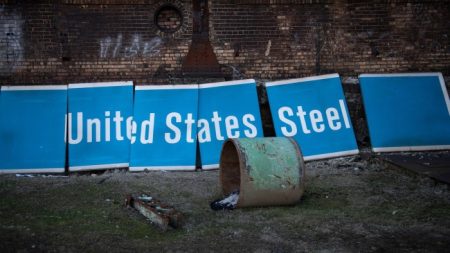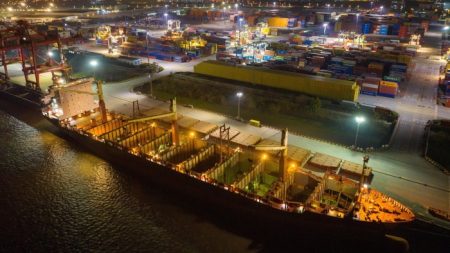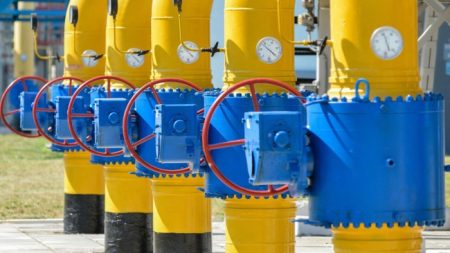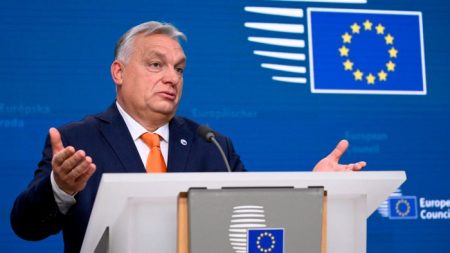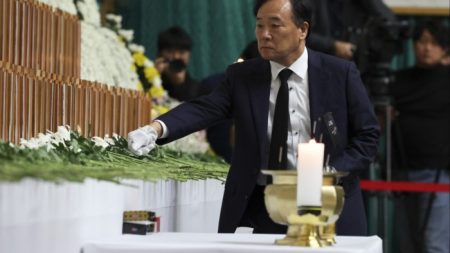Unlock the Editor’s Digest for free
Roula Khalaf, Editor of the FT, selects her favourite stories in this weekly newsletter.
European voters will abandon the fight against climate change unless the wealthy help fund the cost of going green for all, the architect of the EU’s ambitious “Green Deal” has said.
Frans Timmermans, who now leads the Dutch Green/Labour alliance, said there was “unrest” because people were being asked to buy new boilers and cars as they struggle with rising fuel and food bills.
The first wave of government subsidies for solar panels, electric vehicles and new heating systems went to the wealthy who were early adopters, the former European Commission vice-president said. “Public money went to people who didn’t really need it,” he said.
Now governments should focus help on the poorest, to quell growing support for “dishonest” radical right-wing parties promising simple solutions, he said.
“The [ecological] transition will be stopped by European voters” unless it had an element of solidarity and was organised like the tax system, with the rich paying more, Timmermans said.
He added that many of the wealthy people supposedly going green still had high carbon footprints and consumption habits. Many poorer people by contrast were “reducing their carbon footprints out of bitter necessity instead of because they have embraced the idea”. High inflation and energy prices had forced them to cut back their consumption.
Timmermans, 63, who drove transition policy in Brussels at breakneck speed between 2019-23, said policymakers should press ahead despite the backlash against some of the measures.
He rejected pleas from the car industry for more time to switch to electric vehicles. Several EU leaders including Olaf Scholz of Germany and Giorgia Meloni of Italy have called for the scrapping of fines to be imposed this year for missing carbon reduction targets as the industry is already shedding jobs.
EU carmakers also face fierce competition from cheap Chinese electric vehicle imports.
But Timmermans said: “The car industry was sleeping for 10 years while China and Korea were reinventing electric mobility, then complaining about the fact that they couldn’t compete and then saying, ‘Well, the way to compete is to slow the transition down’ . . . The Chinese will corner the market.”
He accepted the car industry’s argument that politicians had not provided enough incentives, or infrastructure, for electric vehicles. “But that’s not the EU legislators’ fault — it’s national governments dragging their feet.”
The EU should follow the US in providing billions to help industry and consumers to adjust, he added, via fresh joint borrowing.
Scholz called at December’s European summit for pan-EU incentives to buy electric cars but has blocked the idea of more eurobonds.
“We are going through an industrial revolution at three or four times the speed of previous industrial revolutions, and therefore we risk more disruption than in previous industrial revolutions,” Timmermans said.
This unsettling pace of change had driven the rise in populist parties that offered seemingly simple solutions, he said. “It’s the same problem in the whole western world — the assumption that our kids are going to be better off than we are is gone. And then you become very protective of what you have.”
This “increased insecurity” exacerbated fear of migrants, he said. “The radical right comes in and very cleverly exploits this feeling of personal, I would almost say angst, to say ‘we’ll take you back to the 1950s’.
“It’s an inherently dishonest political message because it will lead to disappointment”.
In the Netherlands, the Green/Labour alliance came second to Geert Wilders’ far right Freedom party in elections a year ago. The veteran anti-Islamist formed a shaky coalition with three other rightwing groups.
They have promised to cut migration, reduce spending on education and research and loosen environmental restrictions on farmers.
But they have struggled to implement their policies amid internal differences, resistance from the Dutch Senate and legal constraints.
Timmermans said the Dutch government was “rudderless” and could collapse at any time, and said he would prefer fresh elections to trying to form an alternative coalition administration. “You have to give the electorate the opportunity to express its position.”
Read the full article here

